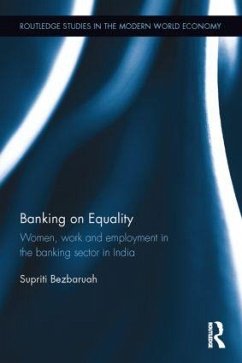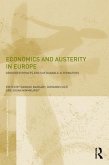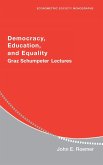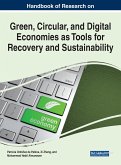It may well be surprising to say that the world should look to India as a model of gender equality. India's banking sector proves the exception, with several women reaching the highest positions in India's top banks, including the country's largest bank. Based on interviews and surveys of bank employees in India's National Capital Region, this book looks at what lies behind the media rhetoric and provides a systematic analysis of patterns of, and responses to, gender inequality in the banking sector in India. The book uncovers how gender discrimination still persists in the banking sector, albeit in covert forms. Through a comparison of nationalized, Indian private and foreign banks, the book demonstrates how the impact of laws, local cultural norms and gendered workplace practices are mediated through different organizational forms in these different types of banks to create varied experiences of gender inequality. The book is one of the first books to provide a thorough, in-depth analysis of women's employment in the Indian banking sector, currently an under-researched area.
Hinweis: Dieser Artikel kann nur an eine deutsche Lieferadresse ausgeliefert werden.
Hinweis: Dieser Artikel kann nur an eine deutsche Lieferadresse ausgeliefert werden.








